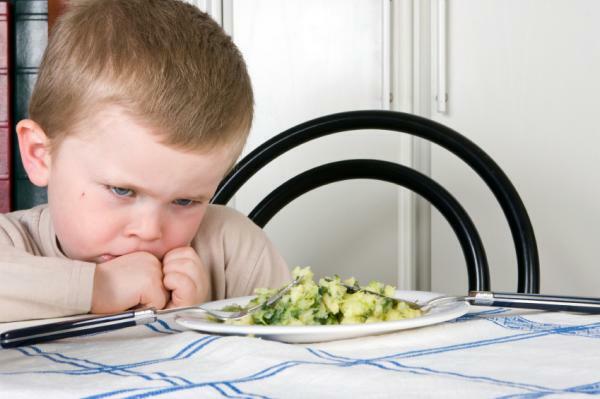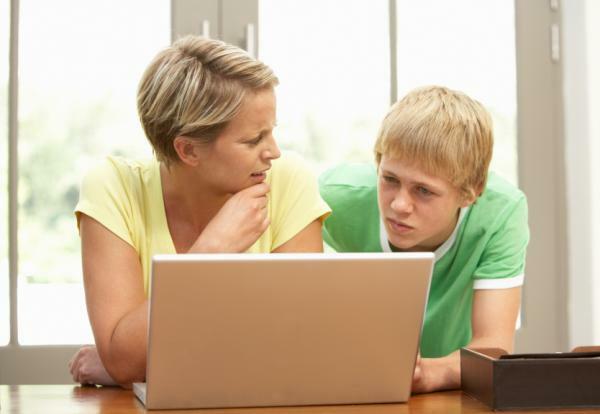
Play is a fundamental element of a happy childhood. Through play, children can foster constant networking through playful activities. This form of entertainment is a reflection of socialization that is inherent to the human being from birth. Parents want their children to have friends and play with classmates or daycare but When the child shows an attitude of little receptivity towards this goal, the worry. The child begins to develop these play skills on a social level from 3 or 4 years old, however, each child has its own evolutionary process. In this article we answer this question: Why is it difficult for my child to play with other children?
If you ever see that your child is left in the background, if you think that does not finish relating correctly with other children, it is likely that he may have some kind of problem or difficulty when it comes to relating.
Next we are going to give you the 6 causes so you can find out why your child is having a hard time playing with other children:
- Integration in a new environment. When the child begins the school stage, she needs her own time to gain confidence with others. Parents and teachers as educational mentors are a very important point of support for the child. Social skills are also acquired gradually.
- Shyness. Each child has his own character. A shy child has the same capacity for socialization as any other, however, it takes more time to break that initial barrier.
- Dependence on the mother or father. The child may have developed a high attachment to his parents and takes his parents as a constant reference for security. This is something that happens because the child, during his first three years of life, interacts mainly in an environment of adults who provide continuous protection.
- Language Disorders. Communication is a determining element in establishing personal relationships. At any stage of life. If the child suffers some kind of difficulty in this plane, this can influence his attitude towards the social relations since the understanding of a game, for example, is a basic aspect for participate in it.
- Parents example. A child finds in his parents a good example in which to look at himself. For this reason, when parents tend to be lonely and rarely share plans with more people, they are sending an example of loneliness and individualism to the child. In this case, the child has not had many opportunities to participate in environments in which a social encounter takes place beyond the family nucleus itself. The child needs to have real occasions to put her social skills experience into practice. On the contrary, when parents interact with other people and enjoy this experience, they are motivating the child with her own attitude.
- Overprotection. When parents constantly overprotect their child, instead of reinforcing him, they weaken him. It is important to avoid this attitude so that the child can develop his own personal resources according to her age.

Now that you know why your child finds it difficult to play with other children, in Psychology-Online we are going to give you some tips so that you can help him connect with others and enjoy healthy relationships and happy:
- If you are concerned about this reason, it is convenient that talk to the child's teacher and arrange a tutorial to find out if there is any issue that may be conditioning the child's happy experience at school. For example, you may have had a problem with other children.
- Respect the child's way of being. He trusts that he will take important steps on his own based on his own evolution. Do not insist on this topic.
- Extracurricular activities. You can enroll the child in an activity that he may like so that he interacts with other children in an environment other than the classroom.
- It enables the child to invite other friends over to play if you wish beyond the birthday day.
- Cousins and brothers. Encourages the child to enjoy time in common with others children of a similar age within the family itself.
If you continue to observe social relationship difficulties in the child, it is advisable that you consult the case with a psychologist child or a pedagogue so that he can advise you in a personalized way knowing the personalized details of the case.
This article is merely informative, in Psychology-Online we do not have the power to make a diagnosis or recommend a treatment. We invite you to go to a psychologist to treat your particular case.


